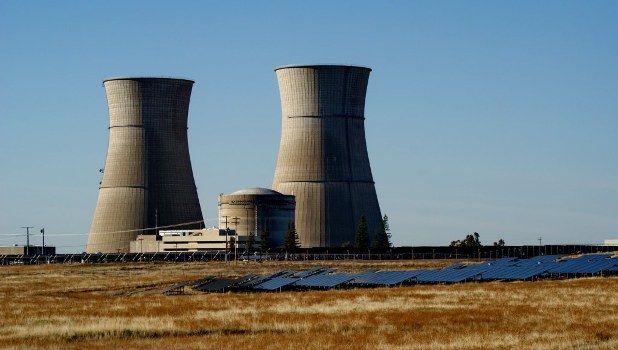The World Nuclear Association has disclosed strategic roadmaps for propelling the new nuclear industry, stemming from the landmark Government-Industry “Roadmaps to New Nuclear” conference held on September 28-29, 2023. This pivotal event was jointly organized by the OECD Nuclear Energy Agency (NEA) and the Government of France, ushering in a collaborative approach towards revolutionizing the global nuclear energy landscape.
Addressing the pressing need for ambitious decarbonization efforts, the international community is urged to focus on prolonging the operational life of existing nuclear generation facilities, implementing policies and tools to facilitate large-scale deployment of new nuclear energy generation, and expediting the development of a diverse portfolio of reactor technologies.
The outlined roadmap comprises key directives:
Extending the Operating Period: Advocating for the extension of the operating periods of existing nuclear generation resources as long as possible, encouraging safety reviews and supporting the restart of operable reactors.
Driving Cost and Time Efficiencies: Urging rapid reductions in construction costs and timelines associated with nuclear energy by leveraging insights from recent nuclear new build projects.
Accelerating Deployment of Varied Reactors: Encouraging the rapid deployment of small modular reactors, advanced reactors, and large nuclear reactors, to achieve large-scale deployment in the 2030s and support decarbonization across challenging sectors.
Deepening International Cooperation: Emphasizing deeper international collaboration for the development of the nuclear supply chain and workforce, ensuring strategic capabilities and resources.
Strengthening Nuclear Fuel Supply Chain: Focusing on developing nuclear fuel supply chain capacity and promoting cooperation with like-minded nations to reduce reliance on certain suppliers and enhance energy security.
Advancing Sustainability Principles: Promoting sustainability in the nuclear sector through the responsible use of nuclear technology and effective life-cycle management of nuclear materials.
Promoting Inclusivity and Diversity: Encouraging an inclusive and diverse nuclear industry, particularly addressing gender diversity, aligning with the 2023 OECD Recommendation on Improving the Gender Balance in the Nuclear Sector.
Expert analyses from the NEA and others have underscored the necessity to triple global installed nuclear capacity by 2050 to meet critical climate targets. Consequently, stakeholders are rallying policymakers, regulators, and governments to foster conducive financial environments, modernize regulatory frameworks, and develop technology-neutral climate policies that adequately compensate nuclear energy for its low-carbon, resilience, and reliability value.
Looking ahead, the 28th Conference of the Parties (COP28) to the United Nations Framework Convention on Climate Change (UNFCCC) is urged to take substantive action to align with collective climate goals, recognizing the pivotal role nuclear energy will play. Further, world leaders are called upon to ensure equitable access to climate finance for nuclear energy, aligning it with other clean energy sources.
In closing, accolades were extended to the NEA and France for orchestrating the inaugural Government-Industry “Roadmaps to New Nuclear” conference. Acknowledgment was also extended to governments for their unwavering support and commitments, culminating in the Joint Communiqué, paving the way for strengthening international cooperation within the nuclear industry. The nuclear industry commits to continued proactive action to fortify supply chains, enhance the workforce, and bolster the security of nuclear fuel supply to align with the shared vision of nuclear energy’s pivotal role in meeting climate and energy security imperatives.

